- :+91 - 89402 62058, +91 76392 89213
- Agilkarai Street, Tirumayam, Tamil Nadu 622507
Interventional Cardiology
Interventional cardiology is a specialized field within cardiology that focuses on using minimally invasive procedures to diagnose and treat various cardiovascular conditions. Cardiologists who specialize in interventional cardiology are trained to perform procedures that involve catheters, balloons, stents, and other devices to address issues affecting the heart and blood vessels.

Cardiac Electrophysiology
Contrary to popular belief, Lorem Ipsum is not simply random text. It has roots in a piece of classical Latin literature from 45 BC, making it over 2000 years old. Richard McClintock, a Latin professor at Hampden-Sydney College in Virginia, looked up one of the more obscure Latin words, consectetur, from a Lorem Ipsum passage, and going through the cites of the word in classical literature, discovered the undoubtable source.
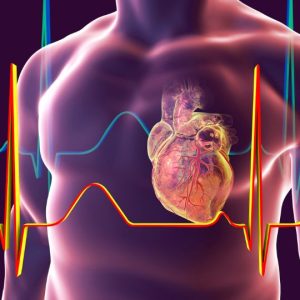
Cardiac Surgery
Cardiac surgery, also known as cardiovascular surgery, encompasses a range of surgical procedures performed on the heart and blood vessels. These procedures are conducted by highly specialized cardiac surgeons to treat various conditions affecting the heart and its associated structures.
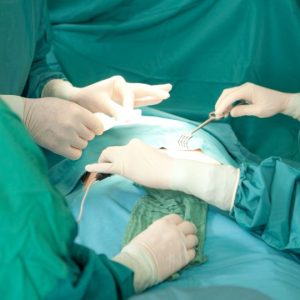
Heart Failure Management
Heart failure management involves a comprehensive approach to address the symptoms and underlying causes of heart failure, a chronic condition where the heart is unable to pump blood effectively. The goal of management is to improve the quality of life, reduce symptoms, and slow the progression of the condition. Here are key components of heart failure management:
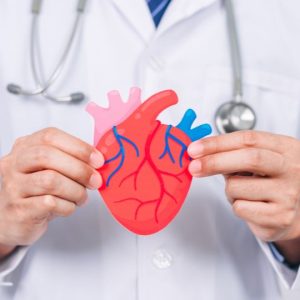
Heart Valve Interventions
Heart valve interventions refer to medical procedures or surgeries aimed at repairing or replacing heart valves that may be diseased, damaged, or not functioning properly. The heart has four valves—mitral, aortic, tricuspid, and pulmonary—that regulate the flow of blood through the heart chambers. When these valves are affected by conditions such as stenosis (narrowing) or regurgitation (leaking), interventions become necessary to restore normal blood flow and function.
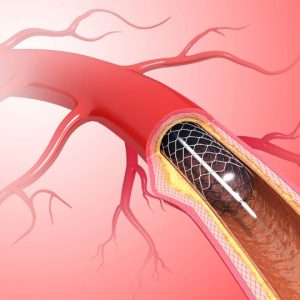
Preventive Cardiology
Preventive cardiology is a branch of cardiology that focuses on the prevention, identification, and management of risk factors associated with cardiovascular diseases. The goal is to reduce the incidence of heart-related issues and promote heart health through lifestyle modifications, early detection of risk factors, and targeted interventions. Here are key aspects of preventive cardiology:

Coronary Artery Bypass Grafting (CABG):
Involves creating new pathways (grafts) for blood to flow around blocked or narrowed coronary arteries to improve blood supply to the heart muscle.
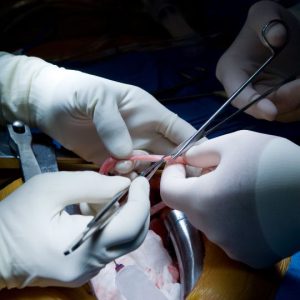
Heart Valve Repair or Replacement:
Contrary to popular belief, Lorem Ipsum is not simply random text. It has roots in a piece of classical Latin literature from 45 BC, making it over 2000 years old. Richard McClintock, a Latin professor at Hampden-Sydney College in Virginia, looked up one of the more obscure Latin words, consectetur, from a Lorem Ipsum passage, and going through the cites of the word in classical literature, discovered the undoubtable source.
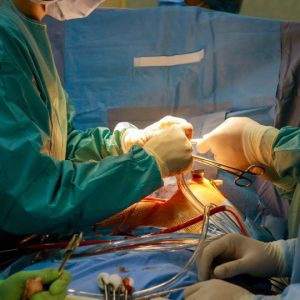
Aneurysm Repai
Surgical intervention to repair weakened or bulging areas (aneurysms) in the aorta or other blood vessels, preventing the risk of rupture.

Congenital Heart Defect Repair
Surgeries to correct structural abnormalities present at birth (congenital heart defects), such as closing holes in the heart or repairing malformations.

